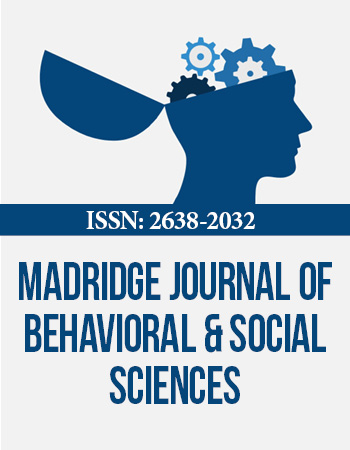International Conference on Alzheimerʼs Disease & Associated Disorders
May 7-9, 2018 Rome, Italy
On the Role of APP in Acute (Stroke, Neurotrauma) and Chronic (Alzheimerʼs Disease) Neurodegeneration
Southern Federal University, Russia
Accumulation of beta-amyloid (Aβ) in the brain cortex due to proteolysis of amyloid precursor protein (APP) leads to chronic neurodegeneration in Alzheimerʼs disease. APP overexpression is also involved in pathophysiology of acute brain damage such as neurotrauma and ischemic stroke. We used protein microarrays to study changes in expression of signaling and neuronal proteins in the penumbra (2-mm ring around the infarction core) 1-24 hours after photothrombotic stroke in the rat brain cortex (ischemic stroke model). Among other biochemical changes (overexpression of pro- and antiapoptotic proteins, signaling proteins, actin cytoskeleton elements, and downregulation of tubulin and cytokeratins, and proteins involved in vesicular transport and synaptic processes), we observed overexpression of APP; nicastrin (component of γ-secretase); Aβ fragment (13-28); LRP1 (APOE receptor) and TMP21 that regulate APP proteolysis and Aβ release. Therefore, APP is rapidly accumulated and processed and in penumbra after acute brain damage. APP is also known to accumulate in injured nerves. We hypothesize the functional, probably, protective role of APP in dying neurons. In different pathogenic situations Intracellular APP fragment AICD can release and function as a transcription factor to regulate the expression of APP and other proteins. In chronic diseases such as Alzheimerʼs disease death of individual neurons can occur similarly during few hours. Aβ release may be not harmful during short time intervals, but its aggregation can delay or prevent proteolysis and lead to Aβ accumulation, formation of amyloid plaques and neurodegeneration for years and dozens of years.
Biography:
Anatoly B. Uzdensky is a professor and a head of the Laboratory of Molecular Neurobiology at the Southern Federal University (Rostov-on-Don, Russia). He is the author of more than 120 journal papers and 3 books. His current research interests include stroke and neurotrauma, neurodegeneration and neuroprotection, cell biology, cell signaling and proteomics.


